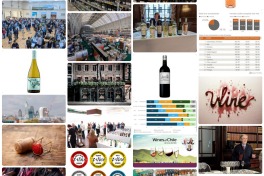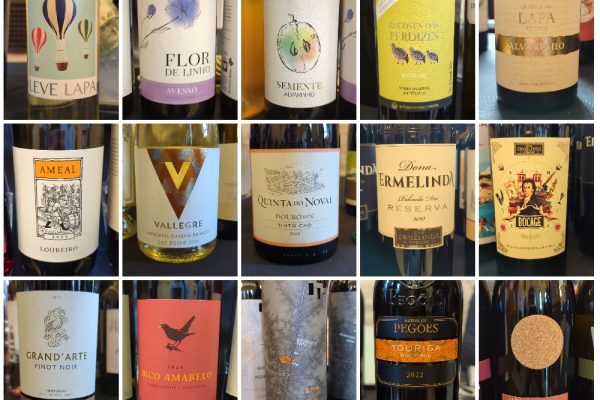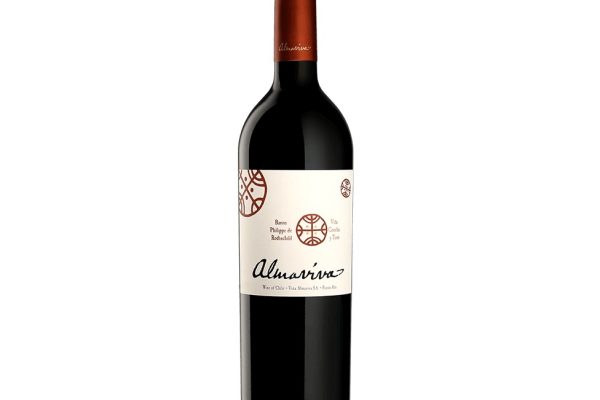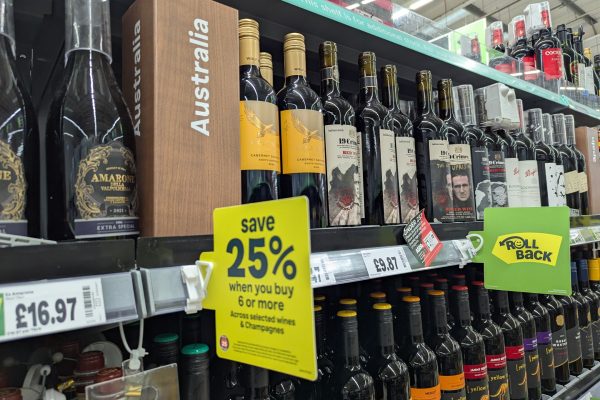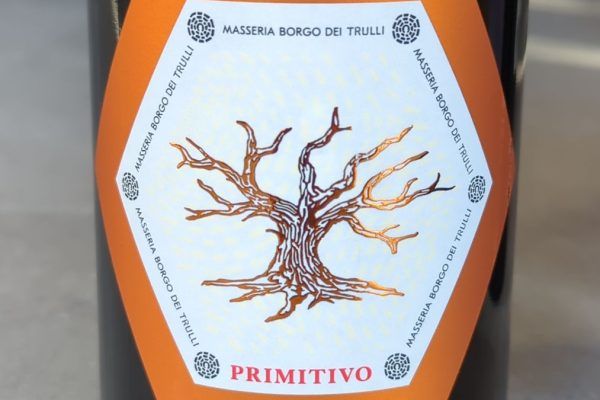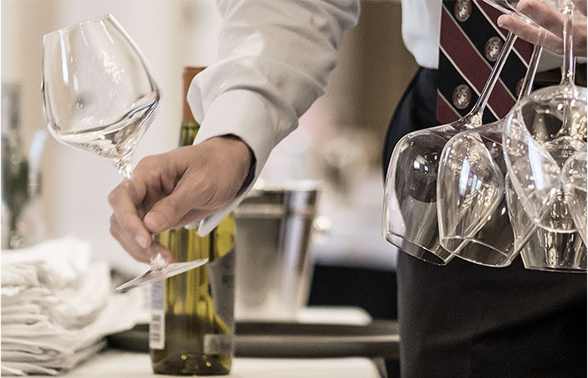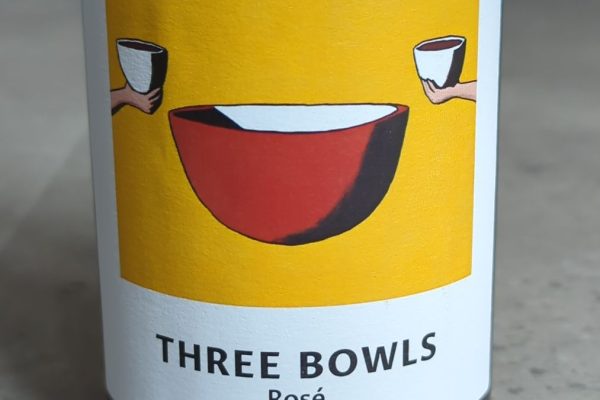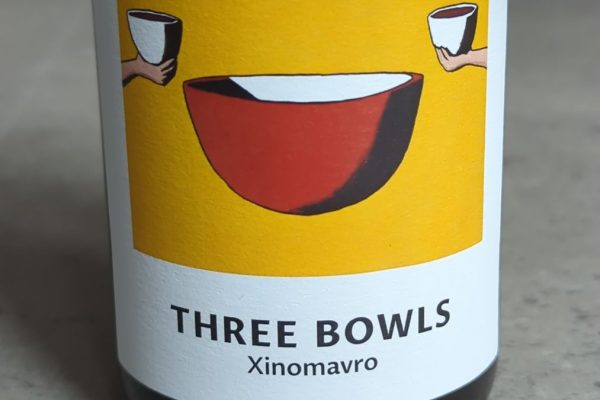
The Financial Times newspaper is reporting (might have gone behind paywall by the time you read this) how, in the 1980s, the Australian wine industry faced severe challenges, with some family businesses, like the Calabria family, resorting to washing bottles for others to stay afloat. Today, the industry faces even greater difficulties, particularly as global consumers move away from lower-priced commercial wines. The situation has led to a significant restructuring, with major players like Treasury Wine Estates and Accolade Wines selling off parts of their businesses. A major blow came in 2020 when China imposed tariffs on Australian wine, collapsing what was once its most lucrative market. Although these tariffs have since been lifted, the industry remains uncertain about regaining previous sales levels.
Globally, wine consumption is declining, especially for cheaper wines, with consumers shifting towards premium brands. Some major alcohol companies are exiting the commercial wine market to focus on higher-margin products like spirits and premium wines. In response, some Australian producers are diversifying, converting vineyards to other crops. Despite this, there remains a belief in the value of both commercial and premium wine segments, with some producers, like the Calabria family, continuing to invest in both. The industry is in a critical phase, with many experts believing that a focus on quality and premium branding is essential for future success.
The challenges facing the Australian wine industry could lead to noticeable changes in the selection and pricing of Australian wines available in the UK and other countries. As the industry shifts away from lower-priced, commercial brands toward premium and higher-margin wines, consumers may see a reduction in the availability of budget-friendly Australian wines on supermarket shelves. Instead, there could be a greater emphasis on premium Australian brands, potentially at higher price points.




